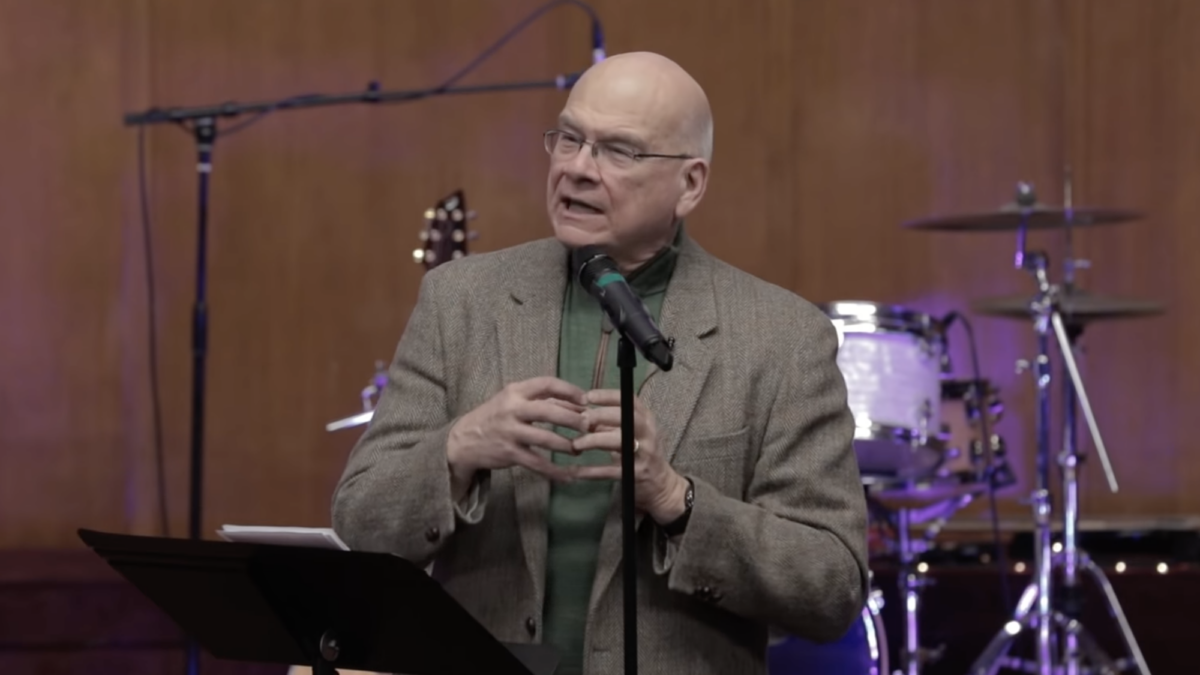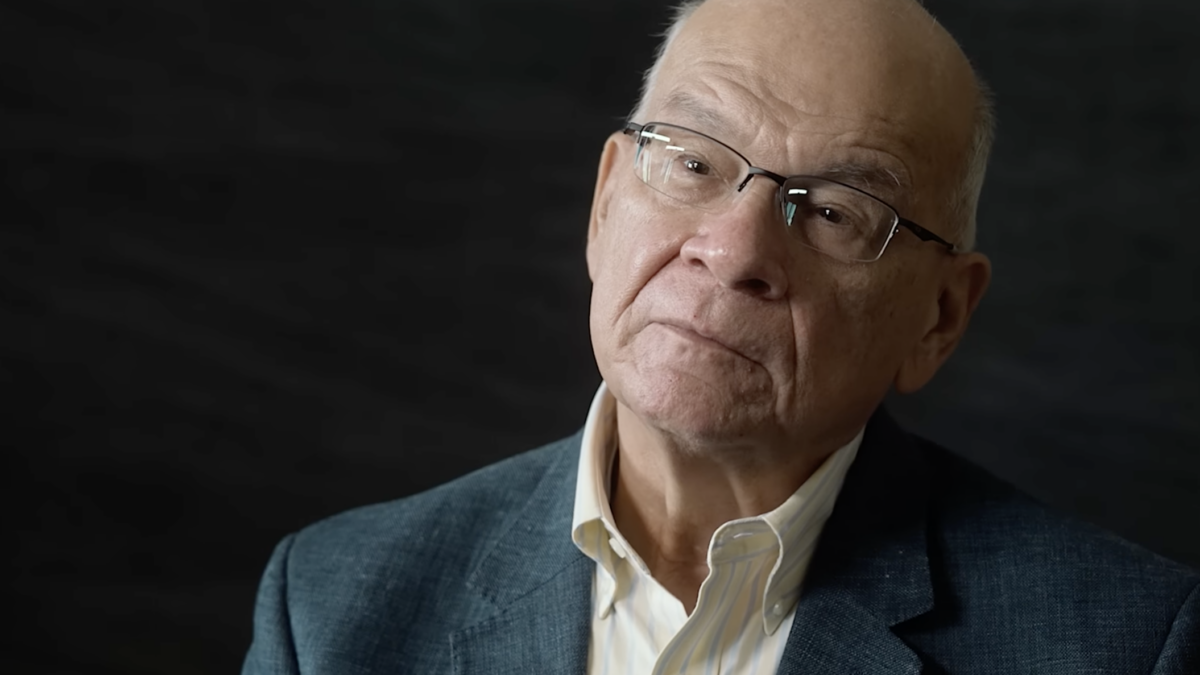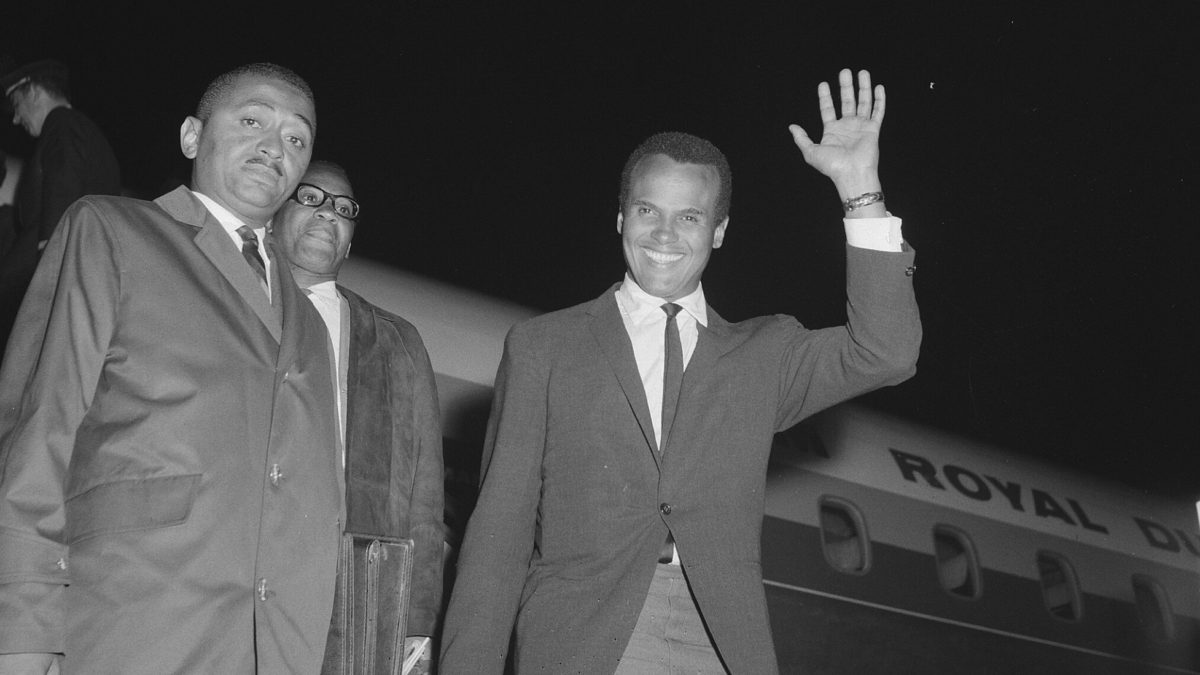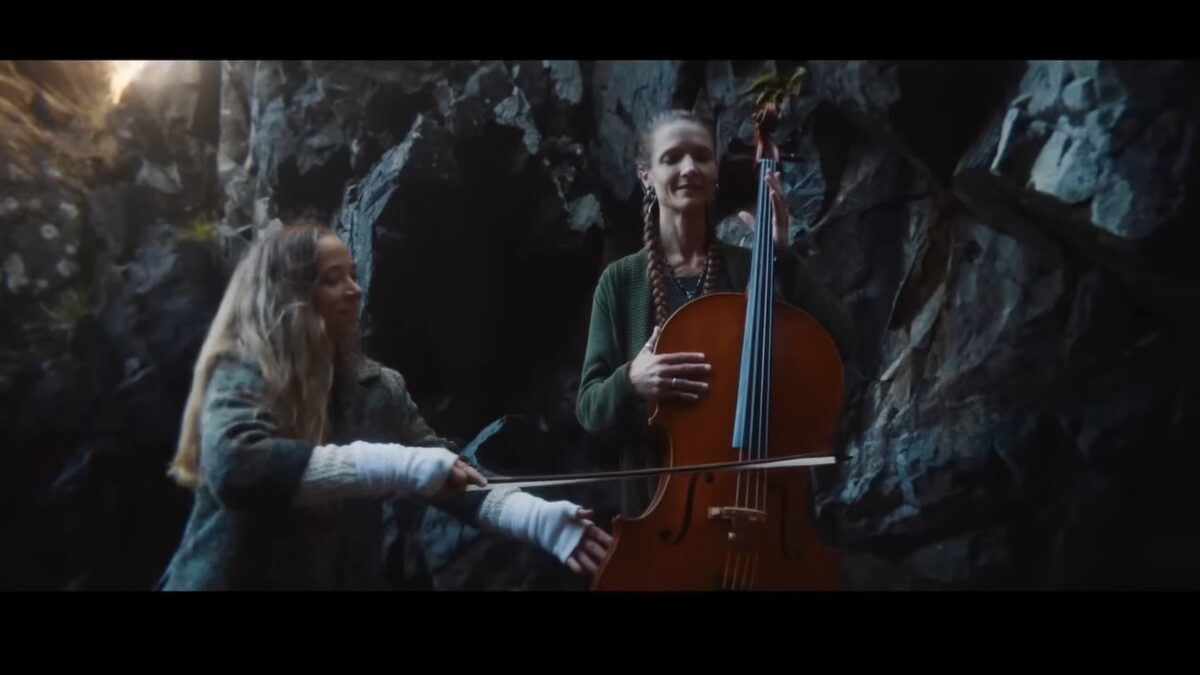
I’ve always had a bone to pick with T.S. Eliot: April is not the cruelest month. November is. Or possibly December. Checking death statistics has us both, and a lot of commentators bewailing the apparent end-of-year spike in celebrity deaths, wrong. January is the month with the highest death rates. So hold the punch.
Still, I’m more right than Eliot, for at least December is the second-highest death month. Somehow it seems perfect for high death rates, because for those of us whose families are a mess, all the nostalgia and sentimentality of the season can be too much to bear.
So on the last day in December, my uncle died, and the early part of January this year meant addressing that. I heard of his death from two brothers who don’t know if they believe in God, and thus had a much more difficult and uncertain time processing this death in the family. Unlike me, but like the largest proportion of young Americans in history, my brothers don’t have faith in life after death. So, rather than an opportunity for peace as it presents itself to Christians who thrill with the assurance that to be absent from this life is, for believers, to be perfected and present with Love itself, death is for them a terror. An abyss.
This is an abyss more millennials need to stare into. The truth is, we will all die some day. What then? If you never ask yourself, you can’t be ready. In that moment, you will very much want to be, and despise yourself for not having prepared. And if you have nothing to die for, you have no reason to live.
Remember, O Man, That You Are Dust
For centuries Western civilization has collectively brooded over this reality, embodied in the Latin phrase “memento mori.” It means “Remember that you will die.” Legend says the ancient Romans tasked a servant with whispering this in the ear of a victorious general as he paraded through town. This sentiment has a long tradition in not only art but festivals of the dead, such as Halloween and Los Dios de Los Muertos.
In many famous actors’ interpretations, Hamlet stares at a skull that once belonged to the king’s jester, Yorick, and says: “Here hung those lips that I have kissed I know / not how oft. Where be your gibes now? Your / gambols? your songs? your flashes of merriment, / that were wont to set the table on a roar? Not one / now, to mock your own grinning? quite chap-fallen.” He is at the point of self-discovery, something his character crucially needs to ward off tragedy.
Yet Hamlet, like millennials and a major strain of our Western ethos, is extremely self-centered and self-referential, but all his navel-gazing never lifts him out of himself into something greater, which should be the end of introspection. It’s one of his key character defects, and it contributes to the despair and mayhem that ultimately concludes the play and his life. Rather than pondering something fruitful inside his friend’s skull, at this point in the dialogue he executes a turn to foolishness to overlay his despair: “Now get you to my lady’s chamber, and tell her, let / her paint an inch thick, to this favour she must / come; make her laugh at that.” In this, Hamlet is us. Reading of his folly may help prevent our own.
What Is a Life? But a Whisper
A college history professor once shocked our class by noting that for centuries families used to regularly visit and picnic among cemetery grounds among their ancestors. They felt a kinship with their dead, and a sense of their reality.
We don’t do much of this anymore. I’ve been to many funerals despite a young life, because my others-oriented father taught me to “always attend weddings and funerals.” People practically tiptoe in and tiptoe out, and very quickly, although nowadays we say we don’t believe in ghosts or spooky stuff. I think it’s because we are scared to confront the truth a dead body slaps us with: Someday, that will be us. Because life is unpredictable, it could be a lot sooner than we want to think. Am I going where he’s gone? And where is that, exactly?
This came home to me on the day my younger brother died. It was also my nineteenth birthday, a cold and rainy November day that settled for me the month’s cruelty. The sudden death of a healthy boy on the cusp of manhood, a boy who had always been so alive to me, indelibly impressed on me the truth that any one of us could die at any moment.
It’s why I sometimes kiss my husband as if it were the last time, because I know it could be, and I want to remember him and his kisses forever. It’s why sometimes when he closes the front door to run out for an errand I anxiously wonder why I didn’t send a smile with him, in case his last view of me was of self-absorption rather than love.
It’s why in the evenings I go by the children’s bedrooms and softly touch the doors, trying to steel myself against the possibility that in the morning they will not all come tumbling in upon me with tousled hair, hungry bellies, and hangry arguments.
A Truly Good Life Has Nothing to Do With Feelings
Millennials like me have had good lives. In all the statistical respects it is the best set of lives ever lived. Violent crimes against children such as child rape and kidnapping have been declining for decades and are at record lows. Never in history have there been lower infant and child mortality rates. For centuries no civilization has boasted longer life averages. No people have ever had such broad access to such a broad array of lifesaving and life-prolonging treatments. Polio is almost eradicated from the earth, for heaven’s sake!
So why are we millennials so afraid? Why are we so lame, so tentative, so stuck in utero? I think it’s partly because our easy lives have not prepared us for a good death. If we never emerge into adulthood, perhaps we’ll never have to die. Some millennials take this to ridiculous extremes by entombing themselves in infantile actions like drinking breastmilk, signing up for adult preschool, jumping in grown-up ball pits, and wearing onesies. We’re pretending we’ll be young forever, and therefore impervious to death and every other serious pursuit in life that prepares one for it.
Our ease of life sings, sweetly like Sirens, to lay down and sleep, for evil perishes in proportion to our own enlightenment. Don’t worry. Be happy. Pay no mind to the man behind the curtain. Feel no guilt over your desires or what they suggest about the human condition, for there will be no reckoning.
What Will Be There On Your Day of Reckoning?
Yet we have this uneasy feeling that, at the end of our days, we will look back on an endless row of trips to Costa Rica and the Himalayas; journeys to find ourselves and screw any variety of exotic people, animals, and plants; self-gratifying therapy courses in and out of institutions of “higher” education; and see we have nowhere learned what it means to face death like a man or woman. We’ll find our legacy on earth is one of endless self-gratification that has meant nothing eternally good for one single other soul, not even ours. On the day this is all you have to look back on, it will bite you—ferociously. Indelibly.
Eliot says “I will show you fear in a handful of dust.” That handful of dust is a literary reference to each man and woman. What confers it dignity and eternal transcendence is its acknowledgement of God, and God’s claims on each person he has made. Another Eliot poem is titled “Ash Wednesday,” the day when faithful Christians attend church and the pastor wipes the sign of the cross on their foreheads in ashes, saying “Remember, O man, that you are dust, and to dust you shall return.”
Only inside Christianity are these words a sign of hope, because they tell us amid our despair that someone has saved us. To all else, they merely confirm despair. Yet these words will come to every man and woman some time or another, and always much sooner than we think and many hope, even if we have a fairy-story nightingale that can send the Grim Reaper packing for a time. Death is inescapable, and unpredictable, even for emperors.
Memento mori. Remember, millennials, and all others, that you shall die. What will your life have meant then? Who will save you when you cannot save yourselves?









